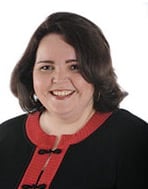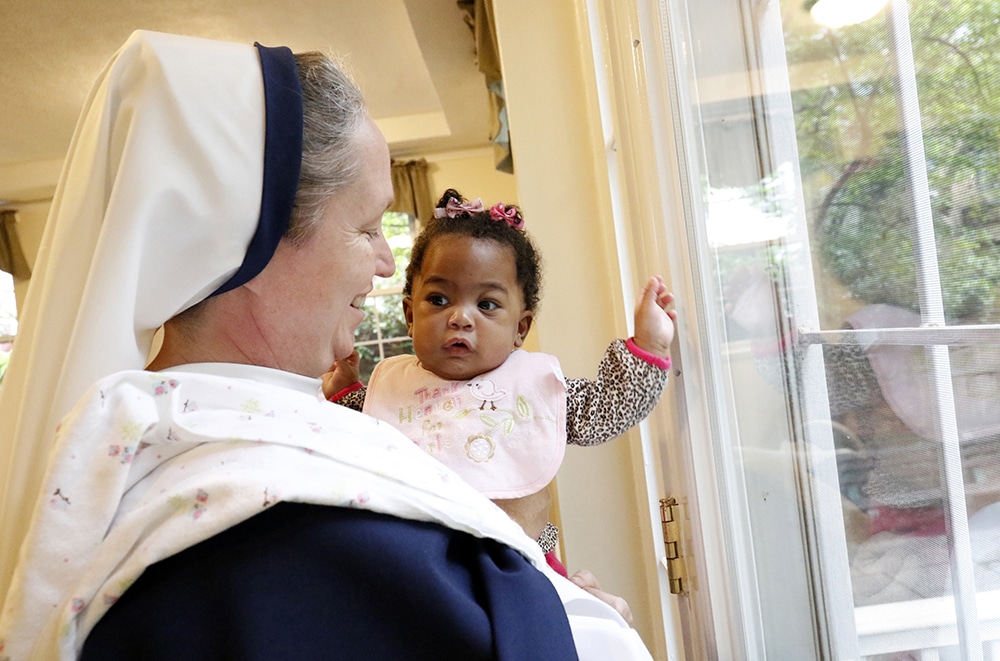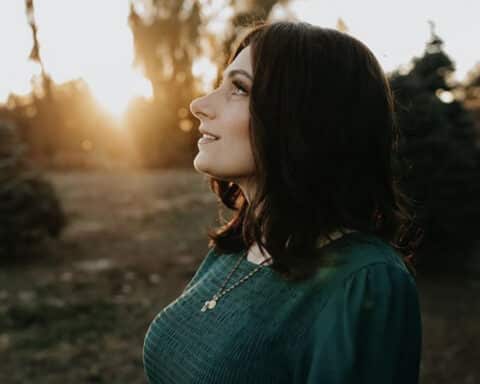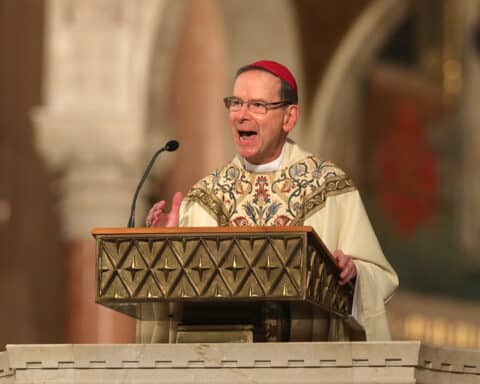
The Sisters of Life are Catholic women religious who take all the usual vows (poverty, chastity and obedience), plus a fourth about enhancing and protecting human life — in prayer and in practical ways. When a woman finds them, she may have been at the Planned Parenthood abortion clinic less than 10 minutes away by Uber or yellow taxi in lower Manhattan. Or someone may have handed her a brochure about the sisters. However she got there, the sisters don’t tell her not to have an abortion. They love her back into life and make an actual choice possible. I learned from the sisters that many young adult women have never — certainly in their later years, but sometimes actually never to their memory — had a birthday party thrown for them. Birthdays are a priority for the sisters. If you don’t know your life is special, how are you ever going to make room for another life (and during some of the most challenging circumstances, in a culture and an everyday reality where most if not all of the pressures are pushing you to abortion)?
The Sisters of Life have a particular bond to God. They’ve given everything to love him and serve him and women and their precious little ones. Visiting one of their convents on any given day often will involve bumping into women who were long ago pregnant and now are picking up material supplies or human — or, yes, spiritual — support. They help with housing and job skills and immigration applications. They are mothers to mothers, free to be self-sacrificial love to women who maybe never before saw what that looks like.
I have the sisters on my mind because the Associated Press now instructs writers to make clear that ministries and other places that provide pro-life pregnancy support must be clearly labeled as “anti-abortion.” Writers are to use “anti-abortion counseling centers,” “‘crisis pregnancy centers’ that oppose abortions” or “anti-abortion centers” to describe what many of us typically call pregnancy-resource centers or what are more traditionally known as crisis-pregnancy centers. To not call out the fact they are anti-abortion is “potentially misleading,” according to AP. That or “pregnancy counseling center” are “terms [that] don’t convey that the centers’ general aim is to prevent abortions.”
Here’s the problem: Yes, they exist to provide alternatives to abortion. Motherhood comes in two forms: Parenting your child or choosing adoption. These places help facilitate actual choice. And they don’t chain a woman down when she walks in, which honestly is a caricature I hear all too often — “forced birth.” She is free to leave and have an abortion. Unborn life may be protected in new ways in some states after Roe v. Wade, but abortion pills can be sent to a woman in the mail in those states, according to the Justice Department, and CVS and Walgreens will soon be fulfilling prescriptions for the same.
Avail in New York City, Aid for Women in Chicago, Bella in Denver, Birth Choice in Dallas, Mary’s Shelter in Virginia, the Mother Teresa Home in Buffalo, Good Counsel Homes in New Jersey (and New York) — these are just a few examples of centers and networks that help and house and love on women and their children for life. And, really, for life. And the list goes on. As with the Sisters of Life, it’s far from a nine-month commitment they make to women and children and families. I have no objection to you knowing that the people who run these beacons of light in a culture of death are opposed to abortion. But also know that the AP’s description is as inaccurate as it is limiting. These resources go beyond any ideological debate over abortion. They save lives — and not just of unborn children in their mothers’ wombs.
Kathryn Jean Lopez is a senior fellow at the National Review Institute and editor-at-large of National Review.





